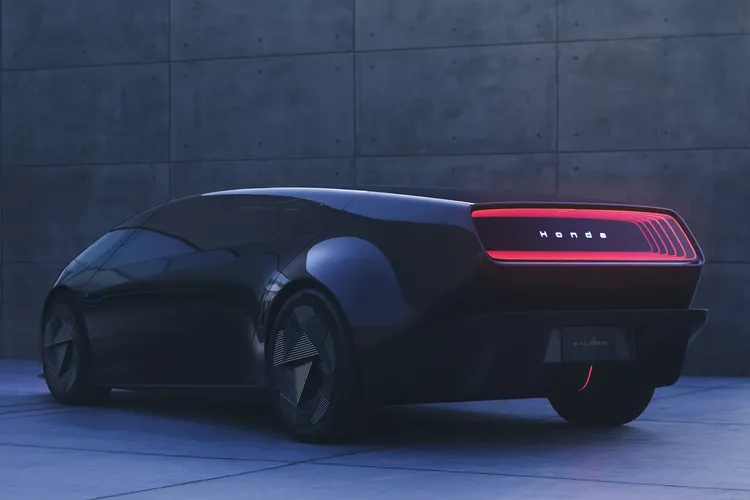
While CES 2024 has largely been dominated by the spotlight on electric vehicles, hydrogen energy is making a notable comeback into the conversation, thanks to key players in the automotive industry.
Hyundai, a South Korean automotive giant, showcased its plans for harnessing hydrogen energy at the extensive tech and gadget show in Las Vegas. In addition to manufacturing vehicles powered by hydrogen fuel cells, Hyundai hinted at a broader role in advancing a “hydrogen society” by venturing into energy production, storage, and transportation. José Muñoz, President and Global Chief Operating Officer of Hyundai Motor Co., expressed confidence on Monday that these initiatives are not only technologically feasible but will also become economically viable in the future.
Simultaneously, Bosch Mobility, a prominent automotive supplier, announced its intention to launch its first hydrogen combustion engine this year. This move is seen as a crucial step in the collective effort to reduce global man-made carbon emissions, according to the company’s CES 2024 event.
Both Hyundai and Bosch credit their momentum to supportive investments, including the substantial $7 billion commitment from the U.S. government towards the development of hydrogen infrastructure.
In the realm of electric vehicles, Honda took center stage on Tuesday, unveiling two concept vehicles— the “Saloon” and “Space-Hub.” Embracing the Zero Series approach for electric vehicle development, Honda’s focus is on creating models that are “thin, light, and wise,” aiming to minimize battery size and weight.
Kia, on the other hand, introduced a trio of electric vans with the unique ability to swiftly swap body modules, transforming from cargo haulers to taxis and other purposes. Production of these versatile vans is slated to begin in South Korea in 2025.
VinFast, a Vietnamese electric upstart, joined the showcase with the unveiling of an electric truck concept named the VF Wild.
Mercedes-Benz took the opportunity to present updates to its infotainment systems, featuring a new AI-powered virtual assistant aimed at personalizing interactions between drivers and their cars. While some automakers enhance their proprietary in-car ecosystems, others, like Nissan, Lincoln (Ford Motor’s luxury brand), and Porsche, announced partnerships with Google to integrate apps such as Google Maps and Assistant into their vehicles. Mercedes-Benz itself is incorporating Google apps into its technology.
Finally, Honda shared its plans for the Zero Series and future electric vehicle developments, highlighting the independent development of solid-state batteries. The company aims to apply solid-state batteries to the Zero Series by the late 2020s. Solid-state batteries are considered crucial for the mass commercialization of battery-powered electric vehicles due to their stability and potential for increased power compared to traditional lithium-ion batteries.
